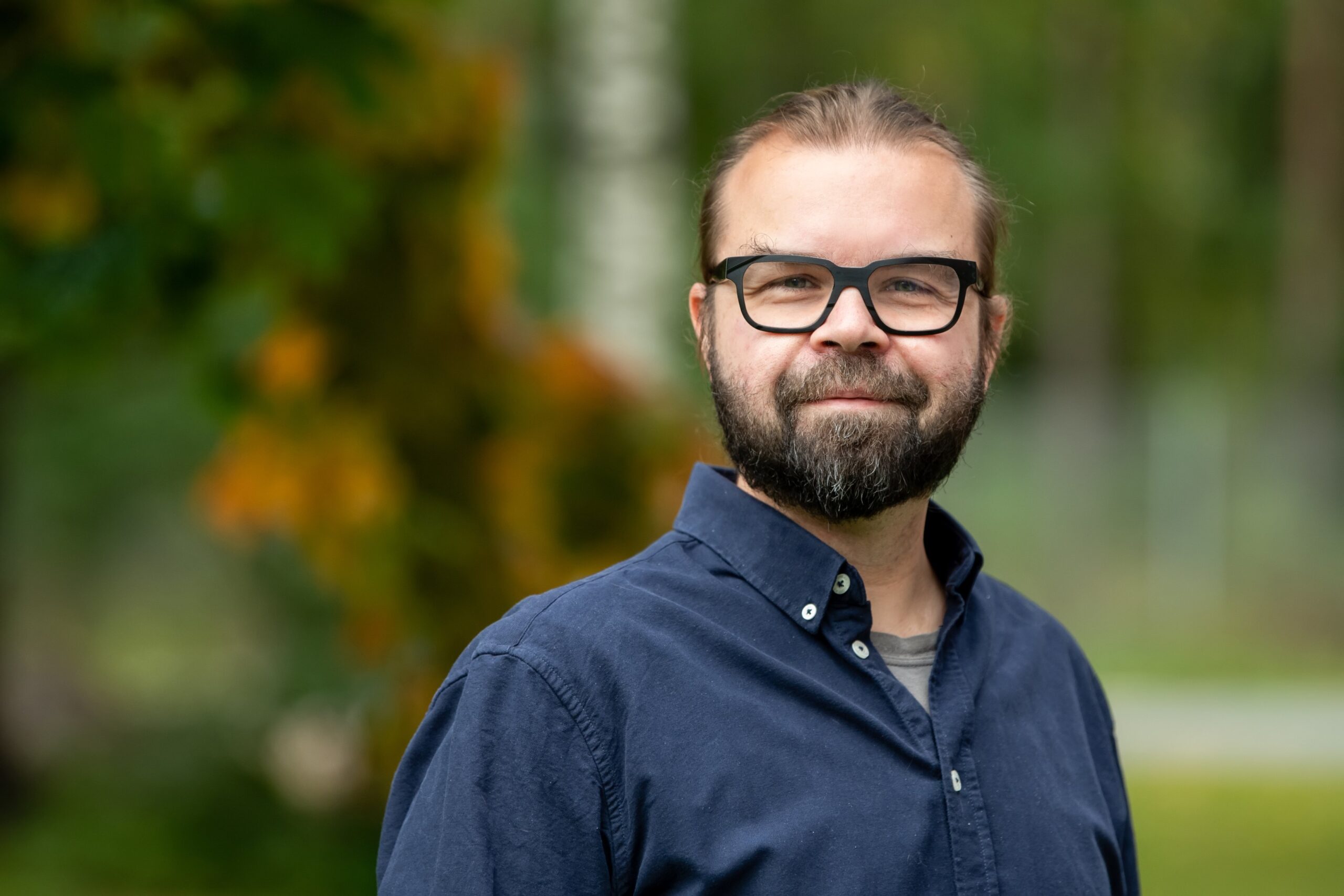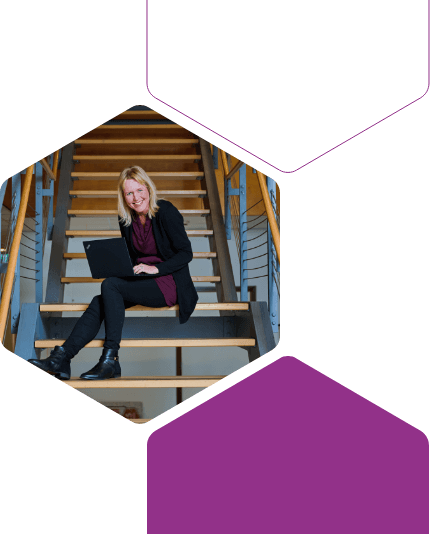A year and a half after stepping down from the CEO position, and 12 years since starting the company, I feel like I finally found the balanced sweet spot between the multiple overlapping roles I have had over the years in the constantly growing company. It has been science, study planning, lab work with our fancy LCs and mass specs, data processing, reporting, R&D, business development, marketing, heading lab operations, travelling, board work, strategies, financial planning, HR-work, assembling furniture, painting office walls, …everything what it takes to get all necessary things running, you know. However, now I feel like it is time to focus on tasks that are left for an old man who is no longer needed on a daily basis but is seemingly too sympathetic to get rid of.
Organizationally, I also recently left the study director role for new talented SDs, and thus responsibility over single studies we run for our customers. Although as the Head of our in vitro metabolism related services I am still in charge of that part of our service portfolio, leading the related team and directing the work from the eagle perspective. Now, also wearing a brand new CSO jacket, I will focus most of my time for our R&D-portfolio, ensuring we stay on the top of all relevant what happens in the pharmaceutical industry, and coordinate our related development programs to bring in new and yet better services for our customers. Yet alongside I am here to contribute to our operational processes and strategic discussions, and of course for interesting scientific discussions and problem-solving with my colleague scientists.
What makes the new position especially interesting, is our increased capacity and investments for R&D. This enables proceeding with several plans and ideas we have had in our heads for a while, to boost our both technical and scientific capabilities and to increase throughput and quality. As a clear shift has been observed in the drug discovery pipelines of our customers, a special attention will be paid to compounds with new type of chemistries and modalities. After a history with traditional small molecule-like compounds, we have now worked with peptides already for a long time, and several years with antibodies and antibody-drug conjugates (ADCs). Monitoring the development of our services and know-how on this area has been really satisfying, as well as scientifically very interesting. After this, it is surely not a surprise that we are about to take the next step to new modalities with our on-going R&D with oligonucleotides. Not to forget the traditional small molecules, e.g., those that need new in vitro models due to their high metabolic stability. Lots of work in these areas has been already carried out in our labs, so I am eagerly looking forward to releasing some new results and related services.
Yet, while developing our operations from Admescope viewpoint, our colleagues in our motherboard Symeres in the Netherlands offer constantly more and more interesting tasks and challenges in a format of fully integrated drug discovery projects (IDD) for the customers. Together with our ADME-Tox developments, this is introducing more diversity for our services from both workloads and chemistry & modality perspectives. It has been great to see Admescope taking the step to the bigger category of CRO business after joining our forces with Symeres, and waiting with a great interest what this path will bring for us in the future.
For myself, all this will mean being constantly tuned to learn yet more and keeping track on the developments in the field. My calendar is cleaned, and the same applies to my spectacles, to allocate time & enable reading the most interesting articles and regulatory publications, and suitcase is ready to head to the events to meet colleagues, customers and to hear more about the latest news and advances. Also, new laws and regulations may change the way we do our science in the future, one of the most interesting openings surely being the FDA Modernisation Act 2.0, terminating the requirement of animal studies before clinical trials. It will be intriguing to see in what way and how soon this will affect our industry, and what will be the new defaults in ten or twenty years from now; how do the in vitro methods evolve – it will be a privilege to participate in the new research producing new methods and technologies.
Stay tuned for the upcoming news!
Ari Tolonen, CSO

